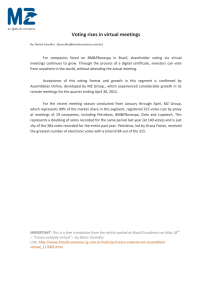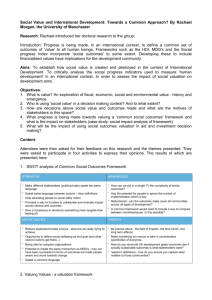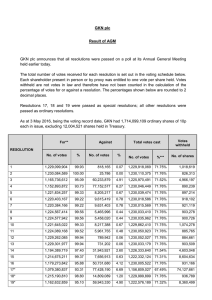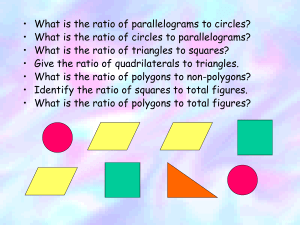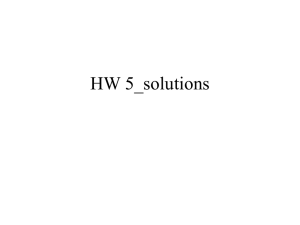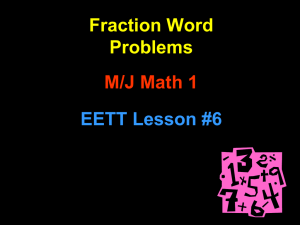The csv files contain the data from the experiments reported in
advertisement
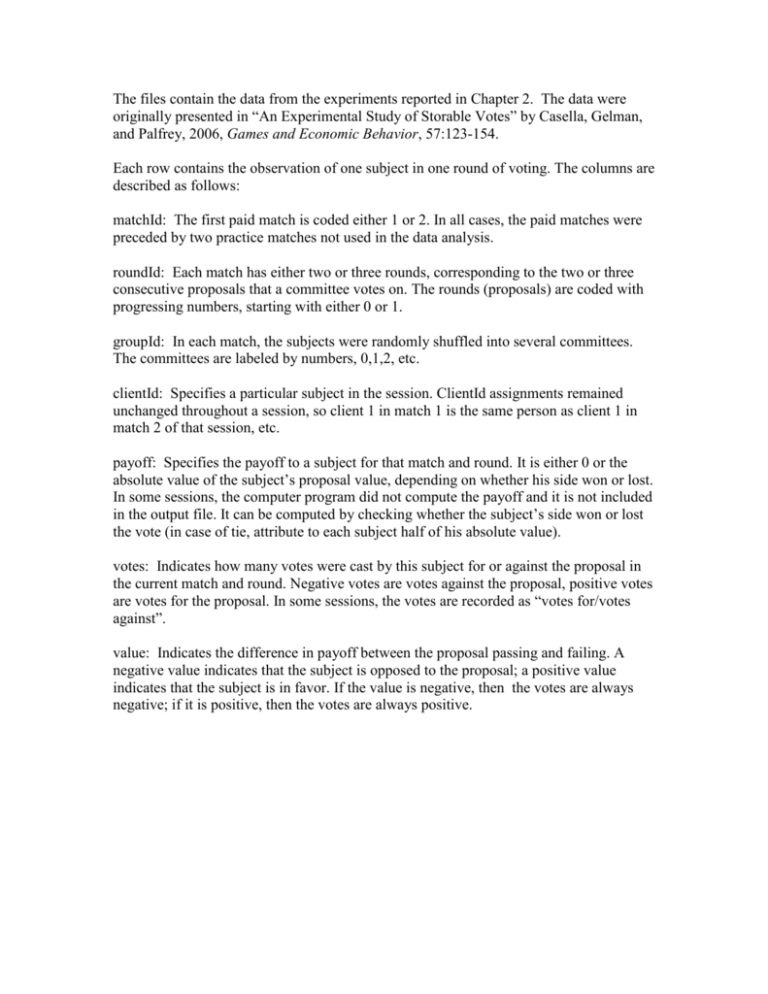
The files contain the data from the experiments reported in Chapter 2. The data were originally presented in “An Experimental Study of Storable Votes” by Casella, Gelman, and Palfrey, 2006, Games and Economic Behavior, 57:123-154. Each row contains the observation of one subject in one round of voting. The columns are described as follows: matchId: The first paid match is coded either 1 or 2. In all cases, the paid matches were preceded by two practice matches not used in the data analysis. roundId: Each match has either two or three rounds, corresponding to the two or three consecutive proposals that a committee votes on. The rounds (proposals) are coded with progressing numbers, starting with either 0 or 1. groupId: In each match, the subjects were randomly shuffled into several committees. The committees are labeled by numbers, 0,1,2, etc. clientId: Specifies a particular subject in the session. ClientId assignments remained unchanged throughout a session, so client 1 in match 1 is the same person as client 1 in match 2 of that session, etc. payoff: Specifies the payoff to a subject for that match and round. It is either 0 or the absolute value of the subject’s proposal value, depending on whether his side won or lost. In some sessions, the computer program did not compute the payoff and it is not included in the output file. It can be computed by checking whether the subject’s side won or lost the vote (in case of tie, attribute to each subject half of his absolute value). votes: Indicates how many votes were cast by this subject for or against the proposal in the current match and round. Negative votes are votes against the proposal, positive votes are votes for the proposal. In some sessions, the votes are recorded as “votes for/votes against”. value: Indicates the difference in payoff between the proposal passing and failing. A negative value indicates that the subject is opposed to the proposal; a positive value indicates that the subject is in favor. If the value is negative, then the votes are always negative; if it is positive, then the votes are always positive.

